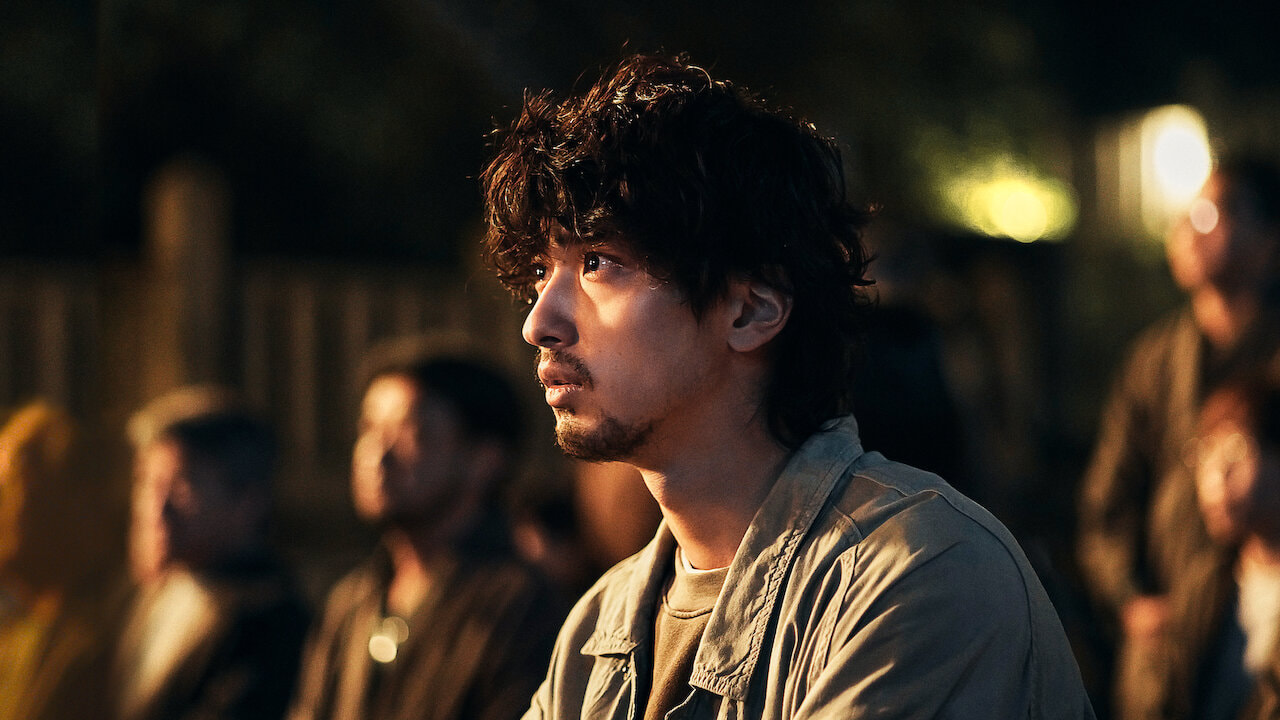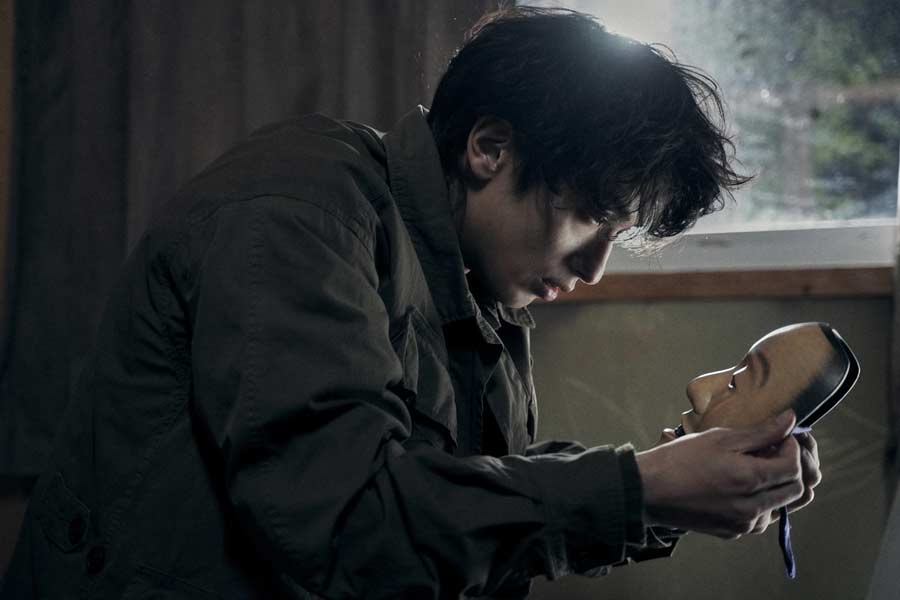|
Review by Daniel Lima The conflict between tradition and progress, the corrupting influence of wealth and power, and how difficult it is to better yourself in an oppressive and rigid society — The Village, the latest film from Japanese director Michihito Fujii, makes a valiant attempt to weave together a narrative that tackles all these and more. While the film is not without its merits, it ultimately fails to connect all these threads together. Kamon Village is a provincial town that has seen better days, now dominated by a waste treatment facility that has become its lifeblood. Yu Katayama — living in the village as a social pariah with his gambling-addicted mother — spends his days and nights working at the plant. When his old friend Misaki Makai returns after a decade living in Tokyo, he is presented with an opportunity to better himself and his circumstances… assuming he and the town can shed their dark secrets and pasts. One could charitably call this a slow-burn thriller, but it would be more accurate to call it a character study. Though the specter of the waste plant and the decay — spiritually and otherwise — that it represents looms over every scene, The Village stays rooted mostly in the perspective of Yu. How he feels and what he goes through matters more than the world he inhabits, meaning the broader societal themes of the film don’t have the foundation needed to land emotionally. As his relationship with Misaki and Kamon Village changes, so does Yu, and lead Ryusei Yokohama shows incredible range charting that evolution. The actual narrative development, however, leaves something to be desired. Yu begins the film so withdrawn and restrained that it’s impossible to connect with the character, a problem when the town itself never feels like an entity in its own right. As admirable as the performance is, the narrative shifts are so drastic that they come across as inorganic.
That narrative is neatly divided in three, meandering in the first two acts before finding its footing towards the climax. Lurching through that first hour or so, The Village feels incredibly plodding, and the inert, plain visual language does not help. There are brief flashes of ingenuity — with a surprisingly harrowing oner in the middle being a highlight — but Fujii’s portrait of a supposedly rotting small town otherwise looks like any number of bland indie dramas. The best part of the film is undoubtedly the final third, when revelations are made, and a sense of urgency finally takes hold. The lethargic, trickling pace quickens to a relative cascade, with Yokohama’s performance becoming more frantic in kind. The shock of that sudden haste makes that slow build almost worth it, but even here one cannot help but wish more work had gone into fleshing out the community, so that the stakes would feel actually meaningful. Ultimately, the ambitions of The Village are undermined by a lack of cohesion. Had the narrative been tighter, the characters given more of an inner life, the visuals imbued with a distinct personality, this might have worked as both a statement and a compelling drama. Instead, the film is a rather tedious chore, with moments that hint at something greater. The Village is now streaming on Netflix. Rating: 2.5/5
0 Comments
Leave a Reply. |
Archives
July 2024
Authors
All
|
|
|
disappointment media
Dedicated to unique and diverse perspectives on cinema! |


